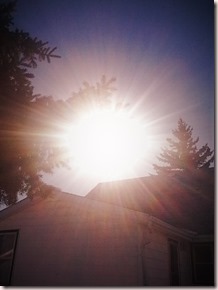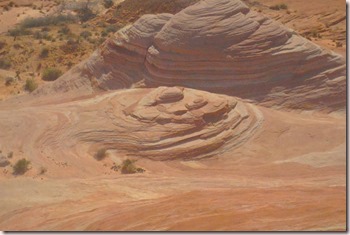Singles, foreigners and citizenship policies
Our society still likes the idea of couples and citizens. We are not always so happy with immigrants and singles.
Marriage laws abound, with varied types of regulation, but the overall principle is that one is the loneliest number, so more than one is an acceptable state in which to live – and the more the merrier – you can add to that family biologically or adoptively.
Immigration is practiced with vigilance as citizens attempt to monitor who will join them in celebrating their nation. Laws emphasize the deep gulf between who we like and who we don’t like.
A nation often needs to examine the realm of citizenship. All societies are exclusive. The problem is that additional exclusion clauses, added over the decades, sometimes violate the original intent.
About 700 years BCE, a Jewish prophet, Isaiah (Chapter 56 in his book), strongly criticizes the Jewish nation for abandoning an inclusive approach. They were excluding, as true citizens, two classes of people. A eunuch was someone who could not have children, a man who had been rendered unable to provide life-giving semen. A foreigner was someone who was not a natural progeny of the nation’s fathers and mothers.
The Jews of that era were not always the most accepting of “these people” – the foreigner and the eunuch. Nor were “these people” expecting that they would be accepted, by the people or by God.
Isaiah challenges this perspective.
Parents might say their name was carried on through their children – that their legacy was guaranteed by blood. As long as the bloodline lasted. The eunuch was guaranteed a legacy because in God’s house a plaque of remembrance (a name plate that was constantly before God’s open eyes) was permanently attached to the wall.
Citizens might say their practices and rituals provided them with a window of access to God. But their hearts, God’s conversation organ with the human, could be deaf to God. Foreigners who committed to God and would follow in obedience, were guaranteed a place by God in God’s talking room. The house of prayer (where divine discussion happened with mortals) was for all nations.
For us today, the most unlikely candidate for citizenship may be the poster child of the true heart of a nation.


